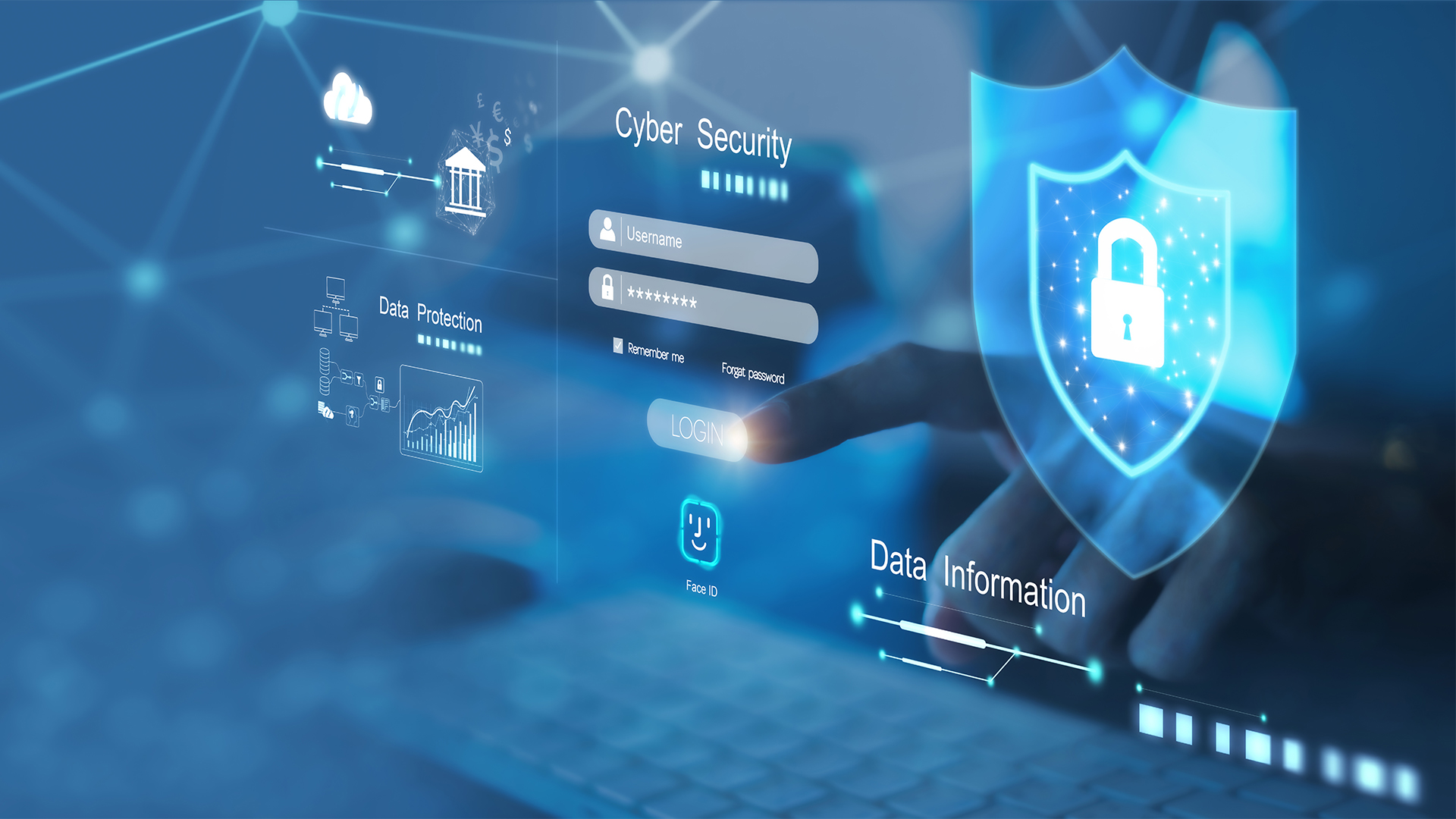
Businesses are being urged to improve their digital security or run the risk of cyber-attacks.
That’s the warning from tech expert Juliet Moran from TelephoneSystems.Cloud who claims the UK’s small businesses are ill equipped to deal with data breaches and hacking.
According to figures from The Cyber Security Breaches Survey, half of businesses (50%) experienced some form of cyber security breach or attack in the last 12 months. For medium businesses the number was 70% and for large businesses 74%.
She believes with increased knowledge and by making some adjustments, small businesses could increase their cyber security considerably.
Backing up systems, running updates, replacing outdated software and using password manager will all add up to instant improvements when it comes to protecting business data.
Juliet Moran from TelephoneSystems.Cloud said: “Digital security is a necessity for small businesses with cyber threats evolving rapidly.
“There are some simple steps businesses can take straight away. Using a password manager, for example, improves security by generating and storing complex passwords and reducing the risk of breaches from weak or reused passwords.
“Implementing two-step verification adds an extra layer of security, making it much harder for attackers to gain access even if passwords are protected.
“Taking proactive measures means small businesses can protect themselves and their assets and leave themselves less at risk from future digital security issues.”
Here is TelephoneSystems.Cloud’s advice for improving digital security:
Back up data
Backing up your data means if you lose access to the original, you can restore it via the backup. You can back up using cloud storage or removable media including an external hard drive, USB.
Strong passwords
Do not use the same password across multiple accounts – this is a really easy way for cyber criminals to access various email accounts, bank details, in fact anything that is password protected. Always use a strong and separate password.
Password manager
A password manager stores all your passwords, so you don’t have to remember them. This means you can have unique passwords for every account, significantly reducing the risk of cyber-attack. Most browsers will save passwords for you – this is safe to do on your own device. Never do it on a shared device or one others have access to.
Software updates
If a laptop, desktop or any device is asking you to update software, make it a priority. They’re the best way of ensuring you have protection against the latest types of cyber-attack. Updates will include protection from viruses and other kinds of malware.
2-step verification
On important accounts, turn on 2-step verification. When you set it up, you may be sent a pin or code to verify it’s you accessing your phone or email. Sometimes it may be your fingerprint or a face scan.
Think before you click
If a link or email looks suspicious, don’t click on it or open it. Inspect links and make sure they’re from trusted senders. Make sure you educate your team on cyber security and encourage them to become vigilant.
VPNs
There are security risks associated with using public and personal WiFi networks so make sure you and your team are clear on which ones are safe to use. Consider VPNs (Virtual Private Networks) for remote working or when working on unknown or untrusted networks and ensure 2FA is enabled on your router.







